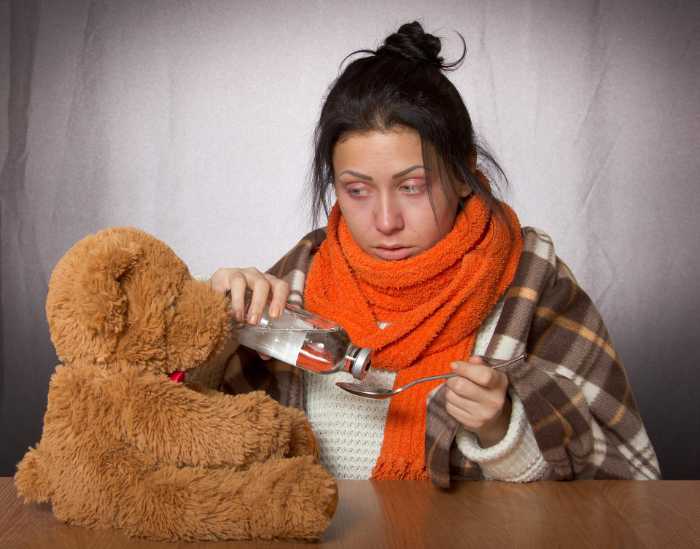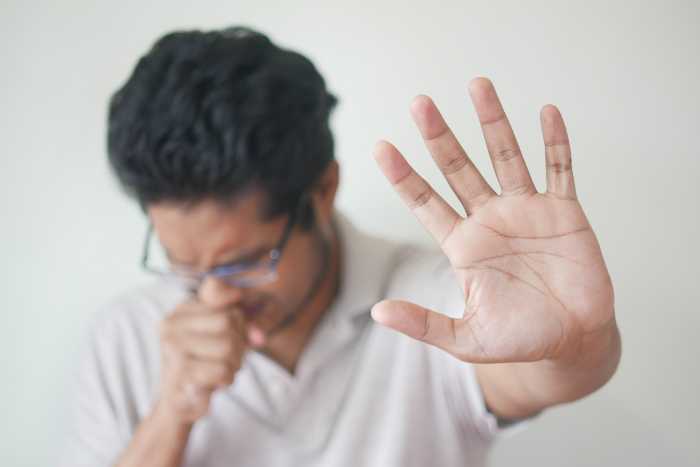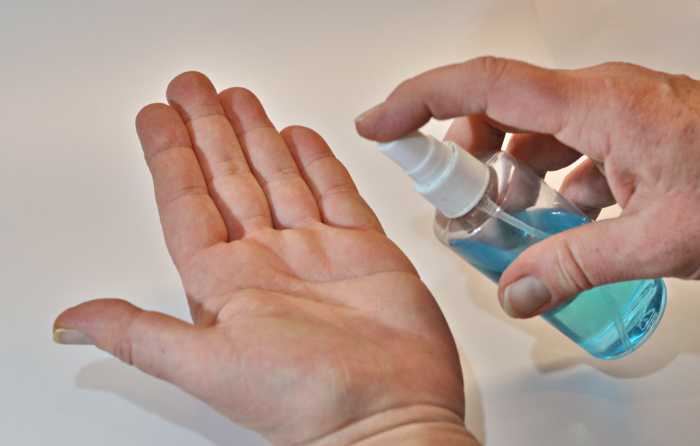Bacterial infections are one of the most common types of infections in the world. There are many different types of bacteria, and each can cause its own set of symptoms. In this post, we will discuss 11 symptoms that may indicate that you have a bacterial infection. If you experience any of these symptoms, please see a doctor as soon as possible.

Bacterial infection occurs anywhere on the body and often manifests as a localized infection, such as a sore throat or ear infection. There are various infectious diseases that are caused by the presence of pathogenic bacteria in the body. However, if left untreated, a bacterial infection can spread throughout the body and lead to serious health complications.
While there are many different types of bacteria, most infections are caused by just a few species. The most common infectious diseases caused by bacteria include pneumonia, tuberculosis, urinary tract infection, and meningitis. Although bacterial infections can be serious, they are often treatable with antibiotics. In some cases, however, antibiotic resistance can make infections difficult to treat. As a result, it is important to take precautions to prevent bacterial infections from occurring in the first place. Good hygiene habits, such as washing your hands regularly and cooking food properly, can help to reduce your risk of becoming infected.
An infectious disease is caused by the presence of infectious agents, including bacteria, viruses, fungi, or parasites. These agents are able to enter the body and cause an infection. Viral infections are caused by viruses, which are small infectious particles that can reproduce in living cells. Viral infections include colds, flu, and AIDS.
Bacterial infections are caused by bacteria, which are single-celled organisms that can reproduce quickly. Bacterial infections include strep throat and tuberculosis. Infectious diseases can be spread through direct contact with an infected person, through contact with contaminated surfaces or objects, or through the air.

Treatment for an infectious disease typically involves taking antibiotics to kill the bacteria or taking antiviral medications to prevent the virus from replication. In some cases, hospitalization may be necessary to treat a severe infection. Prevention of infectious diseases is typically accomplished through vaccination. Vaccines help to build immunity against specific diseases by introducing a killed or weakened form of the virus into the body, which helps the body build immunity against that particular disease. Vaccines are available for many common infectious diseases, including polio, measles, and chickenpox.
One of the most important things you can do for your health is to be able to recognize the symptoms of a bacterial infection. This way, you can get treatment as soon as possible and avoid any serious complications. Here are 11 symptoms to watch out for:
Most bacterial infections are caused by pathogens, which are microorganisms that invade the body and cause disease. The most common types of pathogens are bacteria, viruses, and fungi. There are many different ways in which these pathogens can enter the body, including through cuts or scrapes, insect bites, contact with contaminated surfaces, or inhalation of airborne particles. Once inside the body, these pathogens can multiply quickly and cause an infection.
Treatment for a bacterial infection typically involves antibiotics, which kill the bacteria and help to clear the infection. In some cases, hospitalization may be necessary if the infection is severe. Prevention of bacterial infections is often possible through good hygiene practices, such as washing hands regularly and avoiding close contact with sick people. Immunizations can also help to protect against some types of bacterial infections.
Bacterial infections can range from mild to life-threatening. Without treatment, even a minor infection can spread and cause serious health complications. An untreated bacterial infection can lead to sepsis, a potentially life-threatening condition that occurs when the body’s response to an infection damages tissue and organs. Sepsis can cause organ failure and death. Bacterial infections can also spread to other parts of the body and cause serious health problems such as meningitis, pneumonia, and kidney infections. So it’s important to see a doctor if you think you might have a bacterial infection so you can receive proper treatment.

As anyone who has ever had a bacterial infection knows, they can be incredibly unpleasant. Fortunately, there are a number of effective treatments available. One common approach is to use antibiotics. These drugs work by killing the bacteria or preventing them from multiplying. In some cases, antibiotics may be taken orally, while in others they may need to be injected. Another option is to use antibacterial creams or ointments, which can help to reduce the symptoms of an infection. In severe cases, hospitalization may be necessary in order to receive intravenous antibiotics.
With proper treatment, most bacterial infections can be resolved relatively quickly. However, it is important to finish the entire course of antibiotics as prescribed in order to prevent the infection from coming back.
Bacterial infections can be extremely dangerous, and it is important to take steps to prevent them. Some simple tips include washing your hands regularly, avoiding contact with sick people, and keeping cuts and open wounds clean. You should also be careful about what you eat and drink, as foodborne bacteria can cause serious illnesses. it is also important to practice good hygiene in the kitchen, as cross-contamination can lead to food poisoning. Taking these precautions will help to keep you healthy and reduce your risk of developing a bacterial infection.

Bacterial infections can cause a wide range of symptoms, depending on the specific type of bacteria involved. In general, however, symptoms of a bacterial infection may include fever, chills, body aches, fatigue, and nausea. In addition, some bacterial infections can also lead to skin rashes or lesions. If you suspect that you may have a bacterial infection, it is important to see a doctor as soon as possible for treatment. With prompt medical care, most bacterial infections can be effectively managed and cured.
Read More: